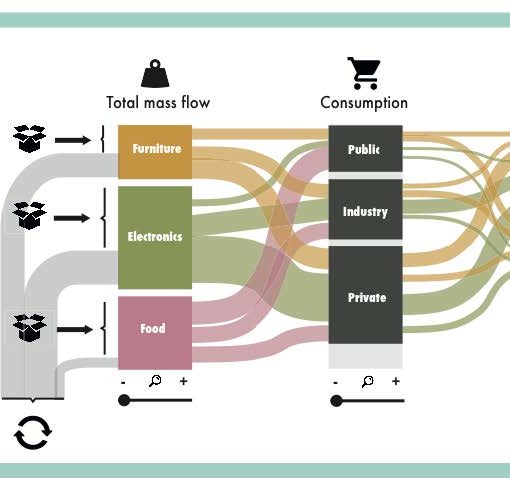Anton Andersson, Vasiliki Chatzouli (2017)
This thesis has been conducted in an innovative educational setting, that of the Challenge Lab at Chalmers University of Technology where students are equipped with tools and methods in order to identify 21st century sustainability challenges (Part I) and try to tackle them (Part II). The subject of mobility attracted our interest as a field with serious challenges but also great momentum. Intelligent Transportation Systems (ITS), car-sharing initiatives and other innovative business models are disrupting the transport sector. Urban developers in Gothenburg try to face the shortage of land in order to respond to the increasing demand for housing. Parking is considered the unstudied link between transportation and land use. Therefore, this study addresses ① What are the drivers and barriers to a transition towards a parking practice with lower parking rates? and ② How can housing companies play a role in stimulating a transition towards sustainable mobility solutions? To address these questions, interviews were conducted with 12 professionals from housing companies, property developers, mobility providers, consultants and researchers. Further, a survey was run in order to identify tenants’ perception and understanding of the issues related to mobility and parking, as well as their openness to change. These methods were followed by a dialogue amongst 10 relevant stakeholders. The multi-level perspective was adopted to allow for data understanding and categorisation. The method of backcasting contributed to demonstrate a way of co-creating a strategy for approaching a desirable future. The results of this thesis illustrate a rigid sociotechnical system with inflexible policies, unfair parking prices and the lack of a common vision amongst stakeholders. To overcome these barriers some niche level activities are recommended. First, we have identified a need to create a common vision amongst relevant triple helix actors (public, private sector and academia) to be able to provide guidance for a transition. Furthermore, housing companies should experiment with innovative concepts via demonstration programs. The existence of broader networks or coalitions and the assurance of continuity in the monitoring, evaluation and assessment of these processes is essential for the success of such measures.
Read the full report here.





